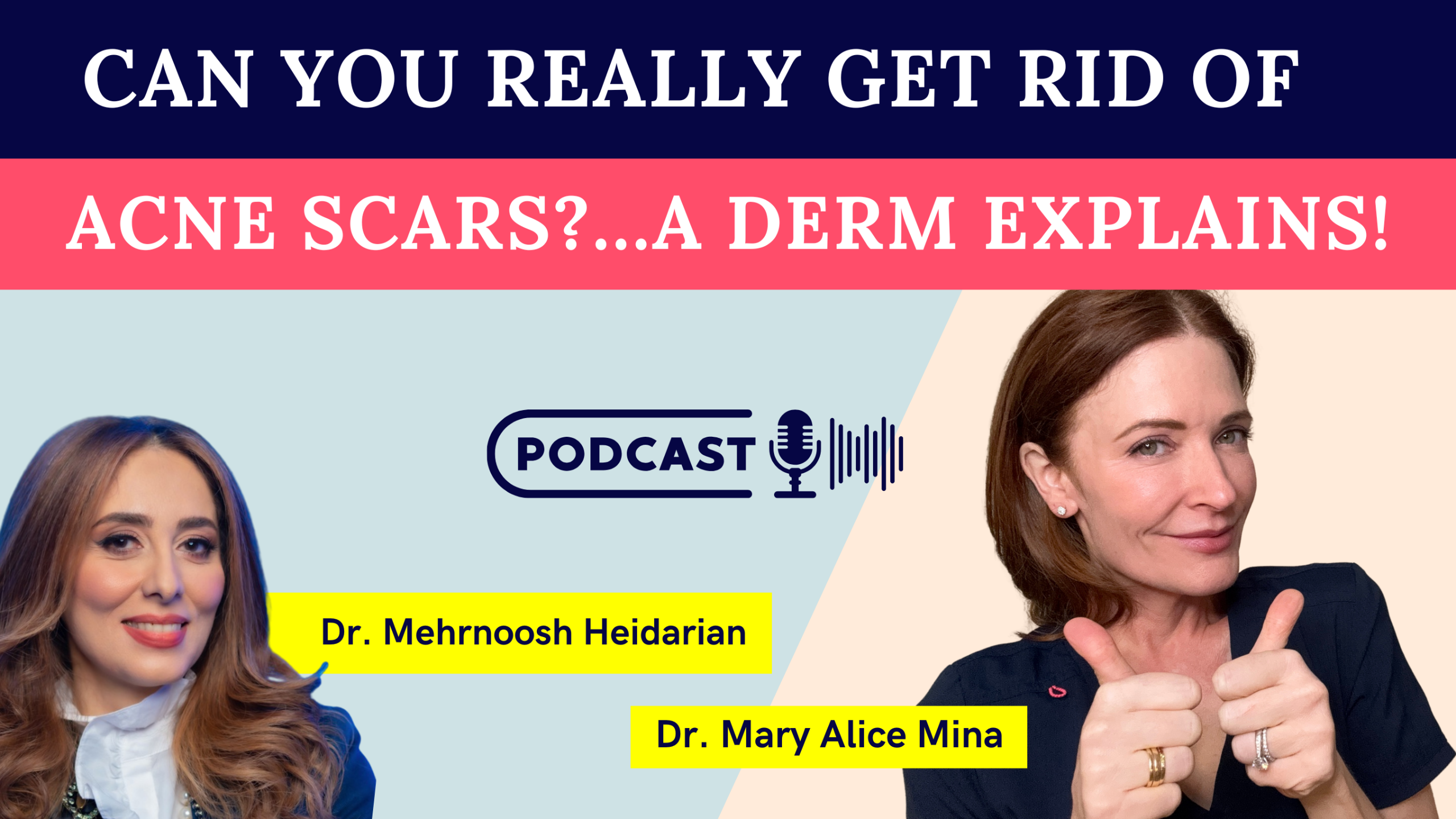It's Getting Hot In Here- Sweating 101
Jul 10, 2023
As the sun blazes and temperatures rise, summer brings along the discomfort of feeling hot and sweaty! While sweating is often seen as a mere inconvenience or a sign of exertion, it is a natural and essential bodily function that plays an important role in regulating our body temperature. Sweating is an involuntary response regulated by the autonomic nervous system and our sweat glands are responsible for producing sweat. But have you ever wondered why we sweat?
In this blog, we will explore the science behind sweating, its benefits, and some practical tips to stay cool and comfortable during the hot months!
What is Sweat?
Sweat is a clear, watery fluid that also contains small amounts of electrolytes (such as sodium, chloride, and potassium), urea, lactate, and other substances. The composition of sweat can vary depending on factors such as individual genetics, environmental conditions, and physical activity level.
Types of Sweat Glands
Sweat glands are an essential part of our body's cooling mechanism and contribute to maintaining a healthy internal environment. There are two types of sweat glands: eccrine glands and apocrine glands.
While eccrine glands are present throughout the body except for the lips, they play a significant role in thermoregulation. When we feel hot or engage in physical activity, these glands produce odorless, light, and clear sweat to help cool us down. When the body struggles to regulate its temperature, the inability to sweat adequately can lead to heat stroke and death, more often seen in the elderly and children.
Apocrine sweat glands are primarily located in specific areas of the body, such as the armpits, groin, and scalp. Apocrine sweat glands produce a thicker and fat laden sweat that when mixed with bacteria on your skin produces ‘body odor’. They become active during puberty and are associated with the release of sweat in response to emotional states, such as anxiety, fear, or excitement.
There are a few conditions associated with sweating abnormalities:
1) Hyperhidrosis
This condition is characterized by excessive sweating in specific areas, such as the palms, soles of the feet, underarms, or face. The cause is often unknown, but it is believed to be a result of overactive sweat glands.
2) Bromhidrosis
Bromhidrosis is the medical term for body odor. This occurs when sweat mixes with bacteria on the skin to produce a sulfur-like smell. This can also occur from eating or drinking foods that can be excreted into sweat like cruciferous vegetables, curry, onions, and alcohol. It commonly happens in areas with skin folds. Rather than simply masking the smell of your sweat with a deodorant, try reducing your sweat with an anti-perspirant and removing the bacteria on the skin with an anti-bacterial soap or benzoyl peroxide.
3) Anhidrotic Ectodermal Dysplasia
This is a rare genetic disorder that affects the development of ectodermal structures. One of the primary features of this disorder is the reduced or absent ability to sweat (anhidrosis or hypohidrosis). The inability to sweat properly can lead to an impaired ability to regulate body temperature, making individuals more susceptible to overheating.
4) Chromhidrosis
Chromhidrosis is a rare condition characterized by the production of colored sweat. Oftentimes it’s pseudochromhidrosis due to mixing of dyes, chemicals, and pigment producing bacteria mixed with sweat and leaves a color on shirts/clothing.
Certain medical conditions and medication can cause abnormal sweating such as cancers, hyperthyroidism, hypoglycemia, opioid use, and menopause. If sweating is interfering in your life, be sure to discuss this with your doctor.
If you want to manage sweating in your daily life, there are several lifestyle adjustments that can help:
-Opt for lightweight, breathable fabrics that allow air circulation and aid in moisture evaporation.
-Stay in cool environments and seek shade when outdoors, especially during hot weather. Use fans or air conditioning if possible.
-Use antiperspirants with aluminum chloride to reduce sweating and anti-bacterial soaps or benzoyl peroxide to control body odor.
- Avoid spicy hot foods, caffeine, and alcohol.
- Practice good personal hygiene by showering regularly to keep the skin clean and minimize bacterial growth. Focus on areas prone to sweating, such as the underarms, groin, and feet.
- Drink plenty of water throughout the day to stay hydrated. While it may seem counterintuitive, adequate hydration can help regulate body temperature and minimize excessive sweating. If you are sweating copious amounts, you may need a sports drink to replenish the electrolytes lost in your sweat.
Excessive sweating, also known as hyperhidrosis, can be a challenging condition that affects many individuals. It can occur in specific areas of the body, such as the palms, soles of the feet, underarms, or occur more generally throughout the body.
What to do about excessive sweating?
- Use antiperspirants that contain aluminum chloride or aluminum zirconium. Apply them to clean, dry skin at night. Studies linking aluminum chloride and aluminum zirconium to breast cancer, kidney problems, Alzheimer's and endocrine dysregulation have all been refuted and these products are SAFE to use!
- Botulinum toxin injections, commonly known as Botox injections, can be an effective treatment for reducing excessive sweating. The toxin works by blocking the nerve signals responsible for activating the sweat glands, reducing sweat production. The number of injections required will depend on the extent and severity of your sweating.
- Iontophoresis is a treatment method that involves the use of a medical device that sends a low electrical current through water or a wet pad to reduce excessive sweating. Some individuals may experience a significant reduction in sweating after just a few treatments, while others may require more sessions before noticing improvements.
A new podcast episode drops every Monday!






